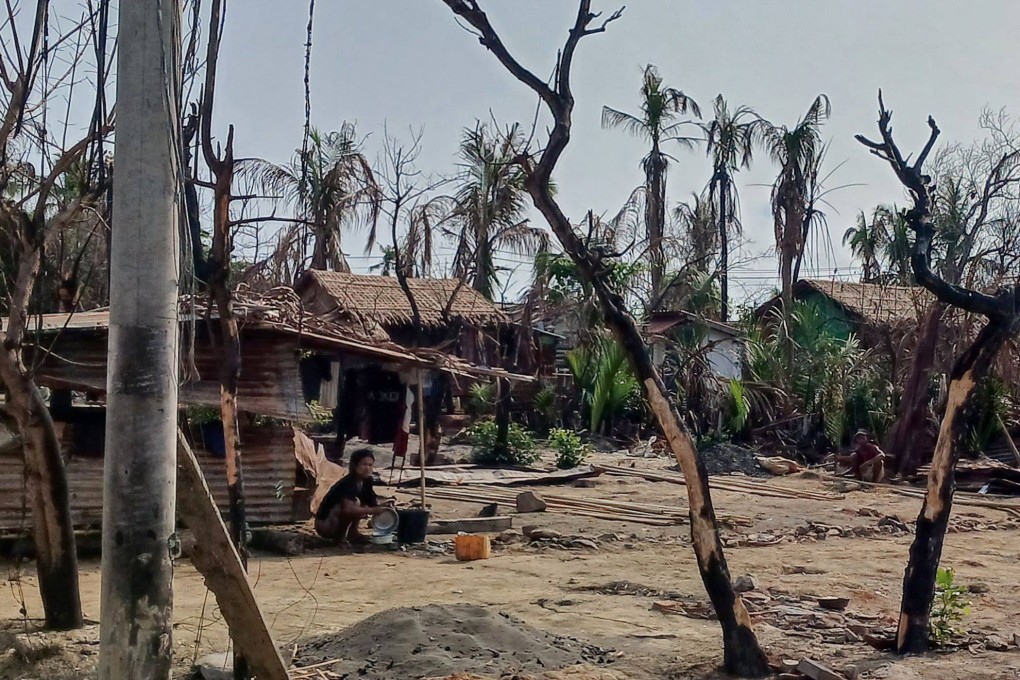
As the Arakan Army (AA) gains more ground against the forces of the state Administration Council (SAC) regime in Myanmar’s Rakhine state, analysts are asking questions about the AA’s administrative capacity. The AA has steadily gained momentum against SAC troops since November last year, when it opened a new front as a part of Operation 1027, a coordinated attack against SAC forces that started in October 2023, primarily in northern Myanmar. Since its formation in 2009 with the aim of greater autonomy for Rakhine state, the AA is now one of the country’s most powerful armed groups.
It has established nine military zones across Rakhine state and deployed thousands of troops in allied areas. In early November last year, the AA attacked SAC troops in multiple locations in western Myanmar, breaking a year-long informal ceasefire. The fighting has since continued intensively and spread from rural to urban areas, from northern to southern Rakhine.
As of mid-October, the AA had seized more than an estimated two-thirds of Rakhine state, including the areas around the state capital, Sittwe, the Kyaukphyu Special Economic Zone, and the Myanmar military’s Western Command in Ann. Since the 2021 coup, observers of the conflict in Myanmar have speculated that the Chin and Kayah (Karenni) states are most likely to be the first to break free of SAC control. However, the AA’s significant gains after renewed fighting in Rakhine state have now sparked new speculation that Rakhine may be the first to be fully liberated.
Even so, questions remain about the extent of this liberation, especially as SAC forces are bombarding different parts of Rakhine with naval and air power attacks, including areas that the AA has wrested from the Myanmar military. Additionally, the possibility of armed clashes between the AA and Rohingya militants – such as the Arakan Rohingya Salvation Army, Rohingya Solidarity Organisation, and the SAC junta’s Rohingya recruits in northern Rakhine state – poses concerns about continued instability in the region..














